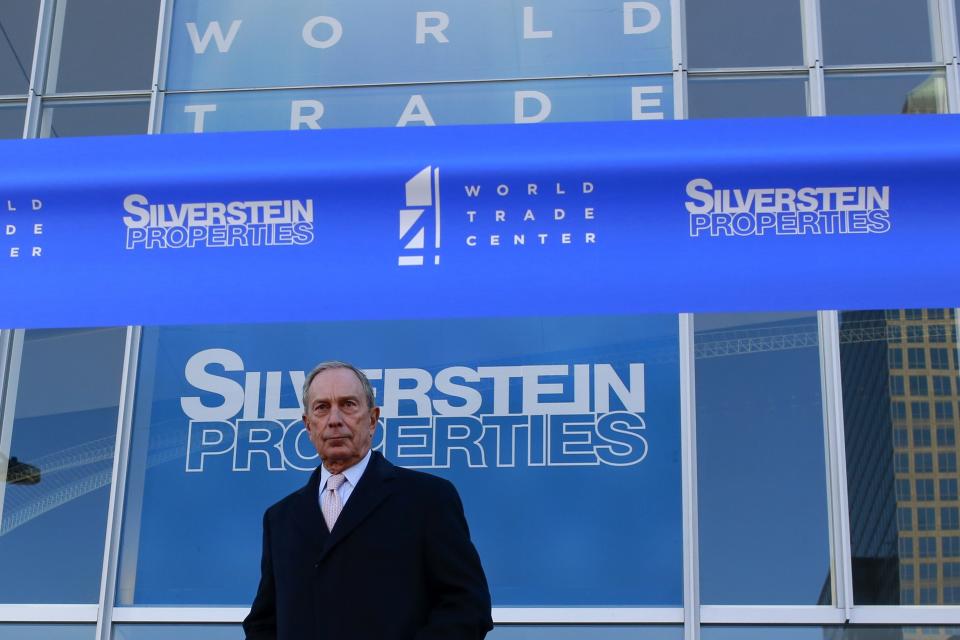Bloomberg urges pension fix in last big address as New York mayor
By Edith Honan NEW YORK (Reuters) - New York Mayor Michael Bloomberg, in his final major policy speech before leaving office at year's end, on Wednesday warned that a budding U.S. urban revival is threatened by mushrooming public pension and health-care costs. Bloomberg, addressing the Economic Club of New York just two weeks before his three terms in office are due to end, said the "golden age of the suburb is over, and it has been replaced by a new urban renaissance that is re-defining the future." But he also urged the nation to confront what he said was the biggest looming crisis facing cities: exploding public pension and health-care costs. "It is forcing government into a fiscal straight jacket that severely limits its ability to provide an effective social safety net," Bloomberg said. "The costs of today's benefits cannot be sustained for another generation - not without inflicting real harm on our citizens, and on our children and grandchildren." The mayor, who was elected as a Republican and later gave up his party affiliation, led the city in the aftermath of the attacks of September 11, 2001, and during the recession that hit six years later. He has been credited with making the city safer, greener and more livable as he pioneered public health and anti-carbon initiatives that have become models for other cities. Bloomberg argued that exploding pension costs faced by the city have limited what it can spend on other priorities such as affordable housing and called on his successor, Bill de Blasio, to take up "comprehensive benefit reform." He also echoed President Dwight Eisenhower's critique of the "military-industrial complex" by repeatedly criticizing what he termed the "labor electoral complex." After the speech, Harry Nespoli, chairperson of the Municipal Labor Committee, fired back with a statement. "Unlike the private sector, where workers jump from job to job and have higher pay, our municipal workers spend their entire professional lives working for the city knowing that they will be able to have a secure retirement," he said. "As Mayor Bloomberg goes off into his retirement, he should realize that others who have worked just as hard deserve it as well," Nespoli said. Bloomberg will be succeeded on January 1 by de Blasio, currently the city's public advocate. An unabashed liberal who won in a landslide, de Blasio has vowed to address a gap between rich and poor that he blames in part on Bloomberg's policies. As mayor, De Blasio must confront another legacy of the Bloomberg administration: expired contracts for all public sector unions that potentially leave the city with a bill that could top $7 billion, if retroactive wage increases were to be paid. On Wednesday, De Blasio named Dean Fuleihan, a long-time former state legislative budget negotiator and adviser, as his budget director. Fuleihan said the first budget of the de Blasio administration will tackle "economic inequality in our city head-on," including expanding access to affordable housing and early education. (Reporting by Edith Honan; editing by Gunna Dickson)

